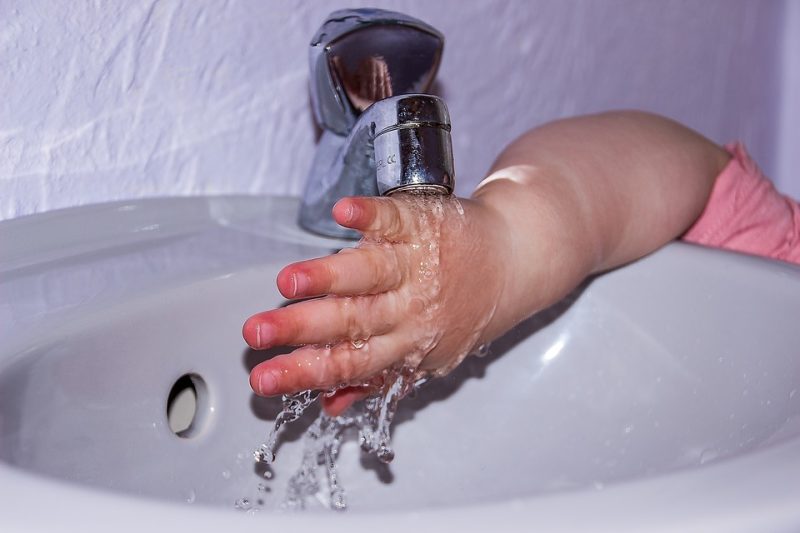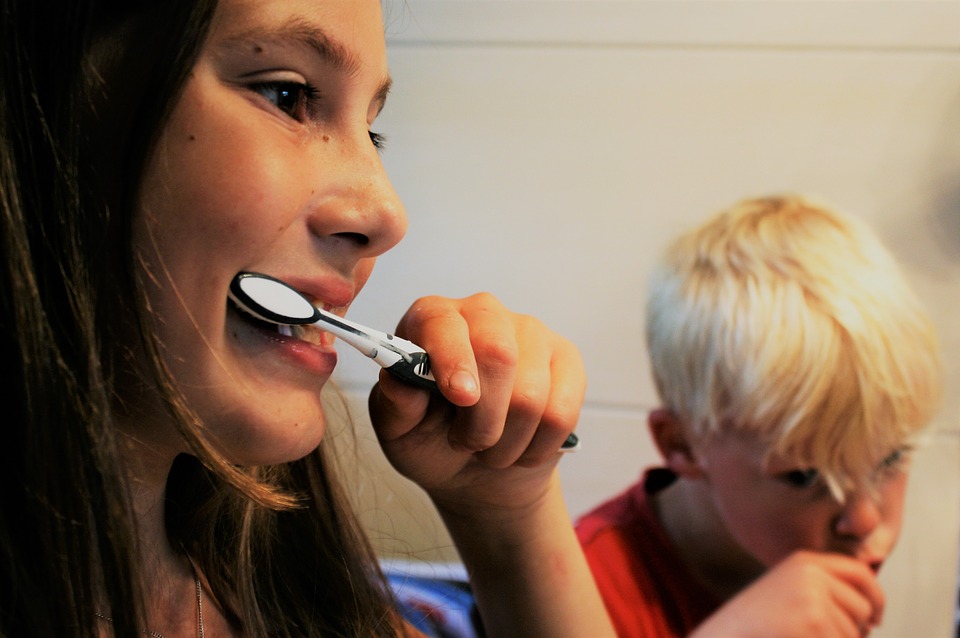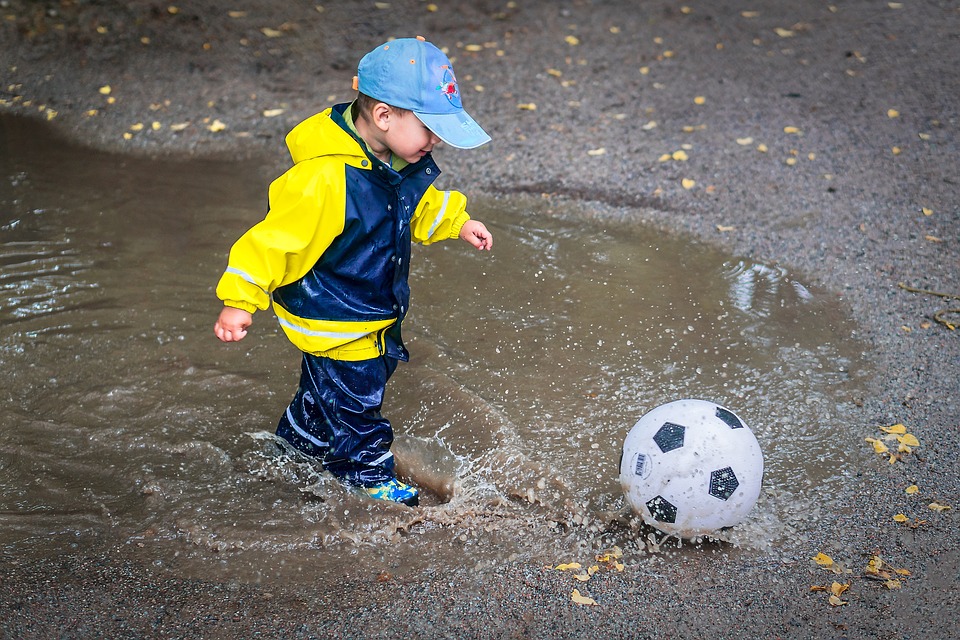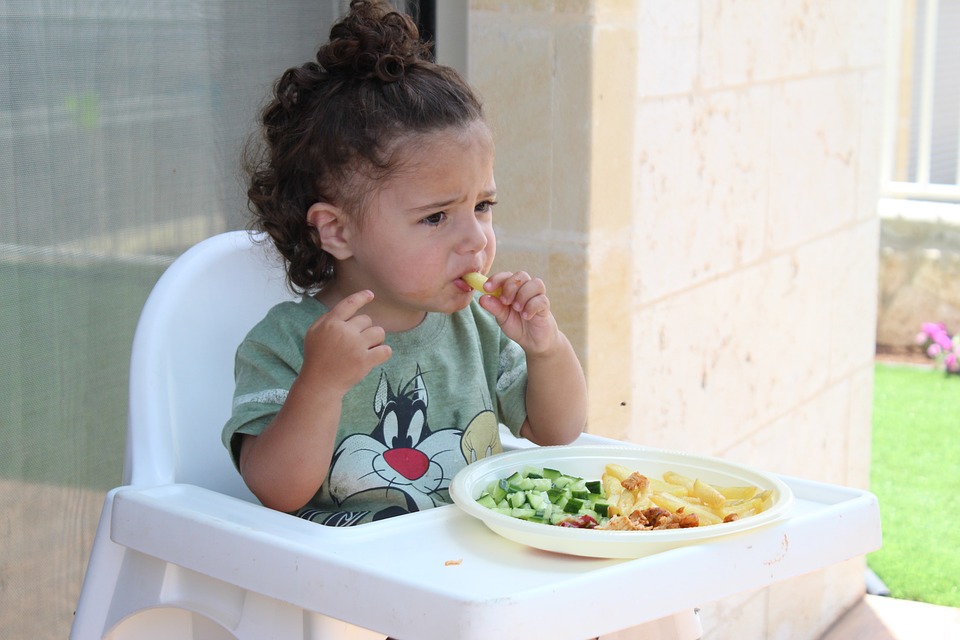Healthy Habits Your Kid Should Develop as a Toddler
Teaching your child to develop healthy habits should start as early as walking. Growing up understanding the benefits of these habits is going to make them become second-nature to them, so instead of telling your children what they should do, take the time to explain the reasons behind their actions. Sure, they might have some issues picking up on those habits at first, but with patience and constant explaining, they will learn in no time. Below are five of these habits and how to effectively pass them on to your kids:
Washing Their Hands
A lot of health issues can be prevented by simply washing your hands and keeping good hygiene, including infections due to germs. To help your kids learn why it’s so important to wash their hands, sit them down and explain it to them in simple terms, such as “We need to wash our hands to get rid of germs that can make us sick.”. Chances are, they remember that being sick and having to stay in bed all day is no fun at all, so they are willing to spend a few minutes a day keeping away from that. Remind them about all the occasions when they should wash their hands, such as before eating or after playing outside. Use the power of example and make sure you turn hand washing into a mandatory activity around the house. Kids react more when they have a powerful example in front of them. Explain to them the proper way they should wash hands: by using water and soap. If you are in an area that does not have access to water, use hand sanitizer and explain the difference. Tell them that hand sanitizer is used for the same purpose, but only when water is not around, as it is less effective.
Taking Care of Their Teeth
Up until your child is around 6-7 years old, they might be needing a bit of help to properly brush their teeth, but that does not mean you can’t help them get in the habit as early as possible. Teach them how to use the toothbrush, how much toothpaste they need to use and how to rinse. If they are reluctant about brushing their teeth, try turning the whole process into a game. Let them pick their own toothbrush and a fruit-flavoured toothpaste that may appeal to them more. To avoid fluoride ingestion, start by using a small smear of toothpaste on their toothbrush or try a non-fluoridate toothpaste at first. But keep in mind that experts recommend using a small amount of fluoridated toothpaste for better cleaning.
When making dentist appointments, let your children know that dentists are there to help them care about their health. This will help them overcome the fear they might have when having to visit the doctor. Experts at West House Dental recommend that the first visit to the dentist should be at about three years old, unless there are other risk factors that may influence their dental health, such as family members with a lot of cavities.
Cleaning Up After Themselves
At first, your little one might develop the habit of leaving every used tissue on the nearest table, for mommy or daddy to pick it up after. While at home, you might be willing to pick up after them, this will most likely not happen in kindergarten or when playing with other kids. Explaining to them why it is important to clean up after themselves will help shape their entire life and turn them into responsible adults later on. When talking to them about how to dispose of garbage, explain, in simple terms, what impact it can have on the environment. Teach them how plants and animals will be thankful for not leaving garbage in the park or while camping, as well as how humans benefit from having clean cities. Try turning cleaning into a game, so they will make it a habit. Again, the power of example might be the most effective. Try involving them in house chores and assign small tasks that they can handle, such as putting their toys back after playing, placing the dishes into the sink after eating and always throwing away used tissues or wrappers.
Keeping an Active Life
Besides teaching them how to take care of their body, they should also be taught why it is important to maintain an active life. Constantly explaining to them why running and stretching is helping them grow beautifully will bring them nothing but benefits. Encourage them to play outside and even do some light sports activities with you in the beginning. You can try stretching in the morning and explain to them why it helps release muscle tension after sleep. When they ask, explain to them why it is important to keep a healthy body and how sports help us do so. Again, involve them in your sports activities, such as running, riding the bike or swimming. Try not to use negative examples, such as “we play sports so we don’t get fat”. Instead, try emphasizing on the positive aspects of developing a healthy growing body.
Developing Healthy Eating Habits
One of the best ways to help your children eat more healthy is by providing a colorful plate. A plate full of orange and yellow bell peppers, red tomatoes and green broccoli is going to be more appealing to a child than just a spoon of green beans. Rather than force them to eat healthy food, you need to make it look fun and appealing. Kids love having multiple choices, so when packing up healthy snacks, use various fruits they can choose from and maybe even cut them into fun shapes by using some cookie cutters. The plan is to make them realize that healthy means fun and food does not have to be boring. Don’t ban certain foods and always let them try at least a bit, if they are curious. Make sweets and snacks part of their diet, but explain to them why we need all sorts of food to grow up and why vegetables are as important as chocolate.








